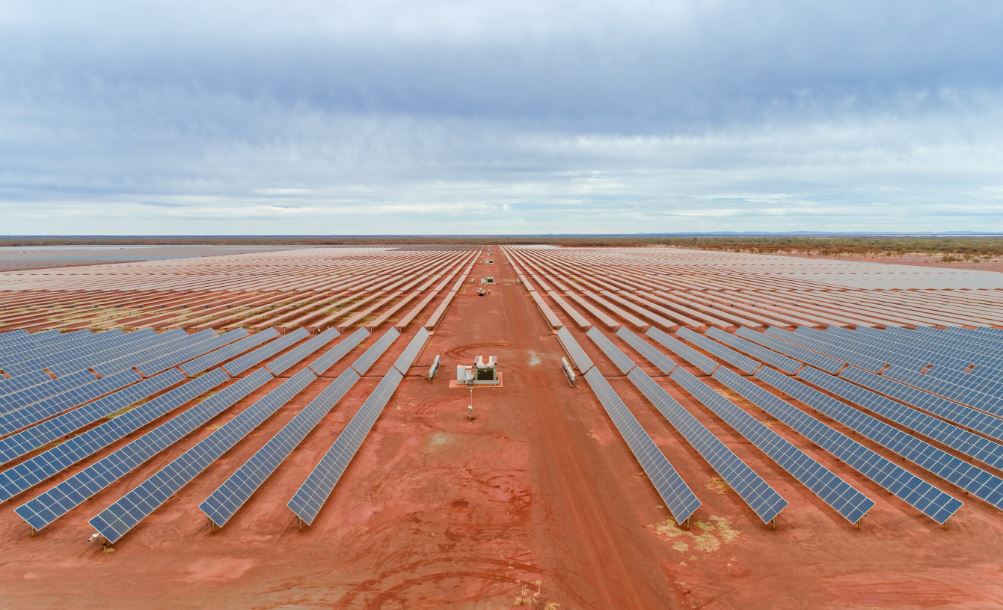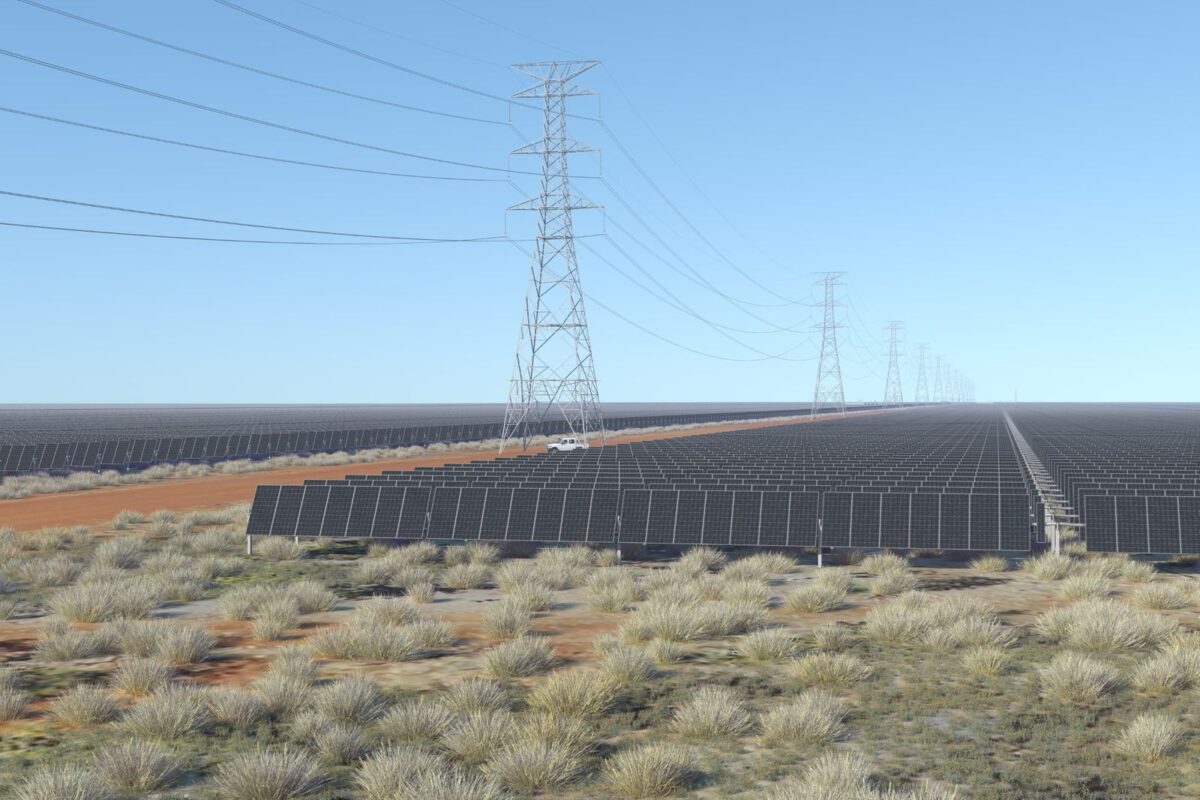Modular solar manufacturer 5B will work with a team of researchers from the University of Sydney (UoS) to develop optimisation tools for the design of gigascale solar farms after the project received a share of $40 million (USD 27.2 million) in the latest round of the Australian Research Council’s (ARC) Linkage Project Grants program.
Sydney-based 5B will lead the project in conjunction with Dr Mark Baldry from the UoS’s Faculty of Engineering. Clean energy developer Sun Cable, which is now for sale after entering voluntary administration in January, has been listed as an industry participant.
5B was selected as the preferred supplier for Sun Cable’s proposed Australia-Asia PowerLink project in the Northern Territory (AAPowerLink), which would include up to 20 GW of solar and 42 GWh of energy storage on a 12,000-hectare site in the Northern Territory.
The research partners said the scale of the Sun Cable project means that temperature-induced panel efficiency losses represent a major challenge that must be overcome through thermal performance optimisation.
The project, which was awarded $636,676 as part of the Linkage grants program, will include the building of “sophisticated multiscale models to simulate and understand the multiple interacting phenomena that cause panel heating.”
“This project will create the tools and know-how to optimise array design and solar farm development, delivering major efficiency gains and enhancing the viability of future gigascale solar projects,” the research partners said.
The project is one of eight energy projects to receive funding through the ARC Linkage Projects scheme 2022 Round 1. Funds totalling $40 million for 81 new projects were announced under the program.
Linkage grants support strategic research partnerships between Australian universities and other publicly funded research institutes, plus industry or community participants. Grants under the scheme are worth between $50,000 to $300,000 per year, for projects running between two and five years.
“By supporting the development of partnerships, the ARC encourages the transfer of skills, knowledge, and ideas as a basis for securing social, commercial and other benefits of research,” ARC Chief Executive Officer Judi Zielke said.
Other agencies to receive funding this week include the University of Melbourne which will work with Spark Property Developments to develop an ultra-low carbon precast panel system that allows for rapid modular construction. This proposed project, which was awarded $545,173, aims to develop a precast panel comprising a novel ultra-low carbon concrete mixture that is cast in vertical battery moulds.
Researchers at the University of Western Australia’s Oceans Institute received $420,000 to deploy helix-shaped anchors to secure floating wind developments.
Project lead Professor Christophe Gaudin said the project will reduce the cost of offshore floating wind energy. UWA’s partners on the project are Ocean Infinity (Australia), Ireland’s University of Dundee and Geowynd Offshore Engineering.
A full list of approved projects is available at the ARC site.
This content is protected by copyright and may not be reused. If you want to cooperate with us and would like to reuse some of our content, please contact: editors@pv-magazine.com.









By submitting this form you agree to pv magazine using your data for the purposes of publishing your comment.
Your personal data will only be disclosed or otherwise transmitted to third parties for the purposes of spam filtering or if this is necessary for technical maintenance of the website. Any other transfer to third parties will not take place unless this is justified on the basis of applicable data protection regulations or if pv magazine is legally obliged to do so.
You may revoke this consent at any time with effect for the future, in which case your personal data will be deleted immediately. Otherwise, your data will be deleted if pv magazine has processed your request or the purpose of data storage is fulfilled.
Further information on data privacy can be found in our Data Protection Policy.